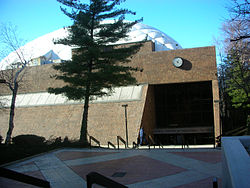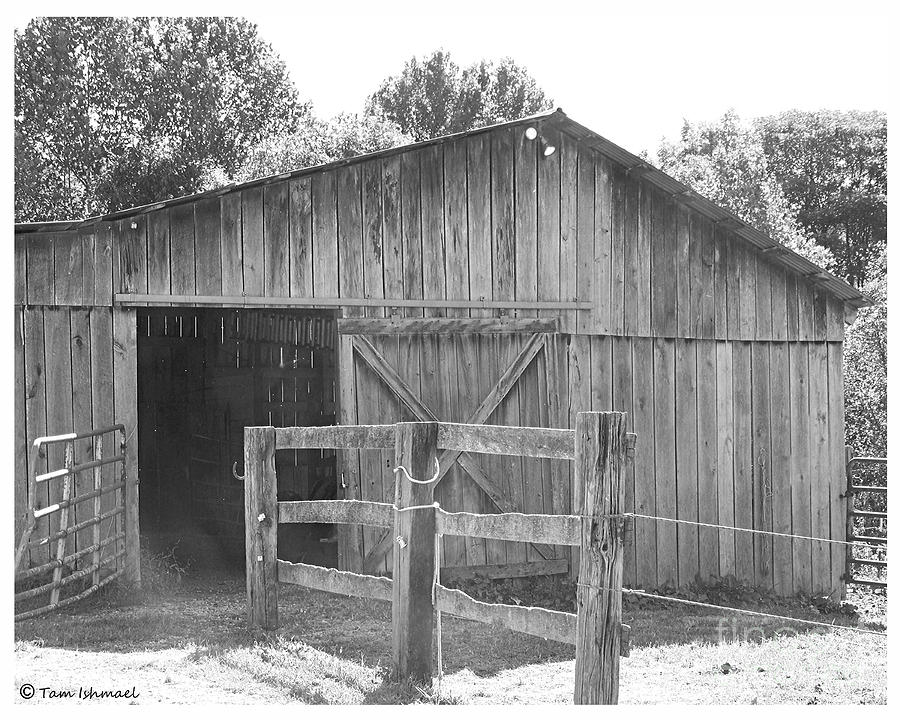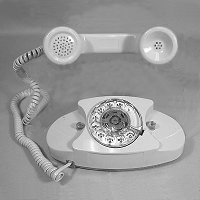 |
| Photo by Joshua Chehov on Unsplash |
Okay, now that I have your attention, I should say that I did not have a heart attack. Let me explain.
About 25 years ago, I was early in my career doing corporate
communications for a spinoff company called Lucent Technologies. It was the
first of a few dream jobs for me. I had become the junior member of the new
corporate media relations team that had just helped launched this company and
brand with much fanfare and success (it didn’t last, but that’s another story).
It was fun, exciting, and I was learning a ton from some amazing public
relations pros that had grown up in AT&T.
One of those pros was Jane, the head of media relations. She
was my boss, and we had a great connection, sharing youthful roots in Hudson
County and affiliations with Saint Peter’s College. For me, Jane was part wise
teacher, part tough coach and part big sister. She taught me about tight
writing, reading reporters and dealing with crises. She also kept me laughing
and gave me dating advice (Lose the turtlenecks!) – usually at the same time.
One typical work day, we were wrapping up and I was heading home.
I said good night to Jane as she was packing up and heading off to a family
thing. We would be the last ones out, which was pretty usual for a weeknight of
late deadlines.
The next morning came and I arrived at the office for my
usual routine, working the morning media report with one of my colleagues, when
one of our directors called everyone into his office. He had the unenviable and
heartbreaking task of telling us all that Jane had died unexpectedly and
tragically the night before. Boom! There would be no more hearty laughter echoing
from her office … no more rants about corporate stupidity or bad reporting … no
more voicemails saying, “Do me a favor, Bill.”
As you might expect. it hit everyone incredibly hard in our
organization, and I was deeply impacted by the events and the way our team
reacted individually and collectively. For me, this part of my career – my life
– would leave a lasting imprint on how I wanted to work with people, and
eventually lead teams, in my corporate career. It laid the foundation for several
beliefs – what I coined as my own CPR -- that I have tried to live by
over the years.
Reflecting
on Work and Leadership
Not long after Jane’s passing, I was given the opportunity
to participate in one of those Ivy League Executive Education programs. You go away for a few weeks, get your
mini-MBA and reflect on your leadership style with like-minded aspiring
executives. I was a bit on the young side in my cohort, and one of the final
exercises was to think about your leadership story. I thought a lot about our
Lucent team, the amazing work we did, and the way we worked through difficult
times like Jane’s passing.
On the last day, a few people volunteered to tell their
stories to the group in an auditorium. I didn’t think I could do it. While I am
a “communicator,” presenting in front of crowds was not my sweet spot. But, I
stood up there, told the story about Jane, what I learned and how it shaped me.
What I spoke about then was the C and P of my leadership beliefs
(R would come later).
Community
When I think about what I enjoy about work -- and picking a
place and team where I can do my best work -- it begins with Community.
We all spend lots of hours with our co-workers (In the
Lucent days and since I have probably spent too many hours at work, but that’s
another story). In the days and months after Jane’s passing, our entire
organization mourned together. We realized we may have come together initially
as co-workers, but in the end our bonds, concern and support for each other ran
much deeper, especially at a time like this. That sense of community would
remain evident even as the years passed.
As job arrangements change and you join new companies, you
find that certain people remain in your life. In some cases, if you are lucky,
those “work friends” become “just friends.” You continue to connect. Conversations
become more about life and less about the latest career achievement or
corporate gossip.
My lasting insight was that I wanted to know about my team’s
families, their hobbies, their passions, their back stories. I wanted to share
jokes, dinners, complaints, peeves and personal moments, not just be all
business and transactional.
Most people would tell you I can be very serious and intense
when I am working, and I may not always seem like the “warm and fuzzy” type at
the office, but that sense of community matters to me. I have always been
genuinely curious and interested in building those connections with people, and
when you don’t have that, the workplace can feel hollow and cold.
Perspective
The next insight I have taken to heart is Perspective.
Going through the death of a loved one or a close co-worker
can often provide the jolt you need to re-set your mind and keep work’s trivial
problems and oversized expectations in perspective.
In the aftermath of Jane’s passing, I got a new boss Paula
who was the most even-keeled person I ever worked for. She taught me that on
most days, the world was not going to end for a typo or a missed call. We would
figure it out and correct course together. The reality is if you aren’t making
some mistakes then you aren’t trying new things and learning. My counsel to my
teams has been: We will make mistakes. It happens. Let’s just not make the same
one twice.
Over the years, this was probably the hardest lesson to
learn, but it is one that has meant the most to me. In the corporate world, too
often, there can be unrealistic expectations of perfection in everything. If
you aren’t maximizing every opportunity and sweating every little detail, then
you are made to feel like a slacker and the ulcers and anxiety can become
constant companions.
I often find myself coaching my teams to know the difference
between the “critical path” work that needs perfection – those where we all
need to rally together – versus other work that needs to be “done” so we have
more time and focus for the critical path assignments. When everything is
urgent and requires a “gold-plated” approach, there is a cost in morale,
engagement and satisfaction. If someone spots that off-kilter graphic on slide
39, or the missing Oxford comma on paragraph 5, congratulate them for finding
the “Easter egg” you left. Correct it and move on.
Knowing the difference between critical and nice-to-have
helps you keep work life and personal wellness in the right perspective.
Professionalism
Community and Perspective are wonderful, but at the end of
the day I can get that from my family, my friends, or a pick-up basketball game.
In my career, I want to work with people who take great pride in delivering
high-quality, impactful work. Great results matter. Achieving goals matter.
Setting high standards matter. Professionalism
matters.
On the day we found out about Jane’s passing, one of my
colleagues demonstrated that professionalism for me in a profound way. One of
my older co-workers, John, grew up working in newsrooms. He had “ink under his
fingernails” as they used to say, and he also knew the newsroom never stopped.
Shortly after the initial shock and tears about Jane, he grabbed me and took me
to his office, and he said we have a job to do. We sat down at his computer and
wrote Jane’s obituary in perfect AP style.
Whether it has been prepping for CEO interviews … quelling
crises … announcing acquisitions … reporting earnings and running Annual Meetings
… executing investor days or NYSE bell-ringings … rolling out new company
strategies and introducing new leaders, John and many others over the years
would instill in me a strong sense of work ethic, accountability, professionalism
and pride in delivering great communications. It’s why we do what we do.
Respect and
Recognition
Later in my career, I added the Rs to my leadership beliefs
– Respect and Recognition.
You learn great lessons in your career from the leaders you want
to emulate, but you can earn equally great lessons from the leaders you don’t
want to be.
You will always encounter difficult situations in the
workplace. Job assignments that don’t work out. Work styles that don’t mesh.
Different philosophies or views on strategy and goals. Conflict is natural,
necessary and sometimes even productive. Whatever the conflict or situation,
though, dealing with people respectfully and honestly is a standard I hope I
can always keep.
There’s no need to rehash some of these stories. While they
felt very negative at the time, in the end they put me in a much better place
and taught me very positive lessons about the leader I want to be.
Recognizing people’s value and contributions is the final
piece and the most rewarding. I have had leaders over the years who always
seized the opportunity to thank people in the moment and to make it a priority.
No event was ended or project finished until people were thanked. Recognition
is something best served “warm” and “warmly.” It’s not always about the grand
gesture, big celebration and award (although those are nice, too). It’s about your
sincerity … letting people know that you see them, appreciate them, and understand
what they contributed to achieving this goal. That handshake, hug, text or note
says everything to the recipient – and says volumes about the leader.
Wrapping
Up
A couple of decades later, I was the guy calling everyone
into his office to tell them sad news about a colleague who had passed away
after an illness. I was the one shutting
his door to write the tribute for Elinore and run the communications of this
news to others. And, I found comfort in knowing I was in a place and with
colleagues and friends who shared many of those same beliefs -- Community,
Perspective, Professionalism, Respect and Recognition.
And, that’s it, CPR may not have “saved” my life, but it has
definitely made my work life a whole lot more meaningful, fun and effective.





.JPG)















